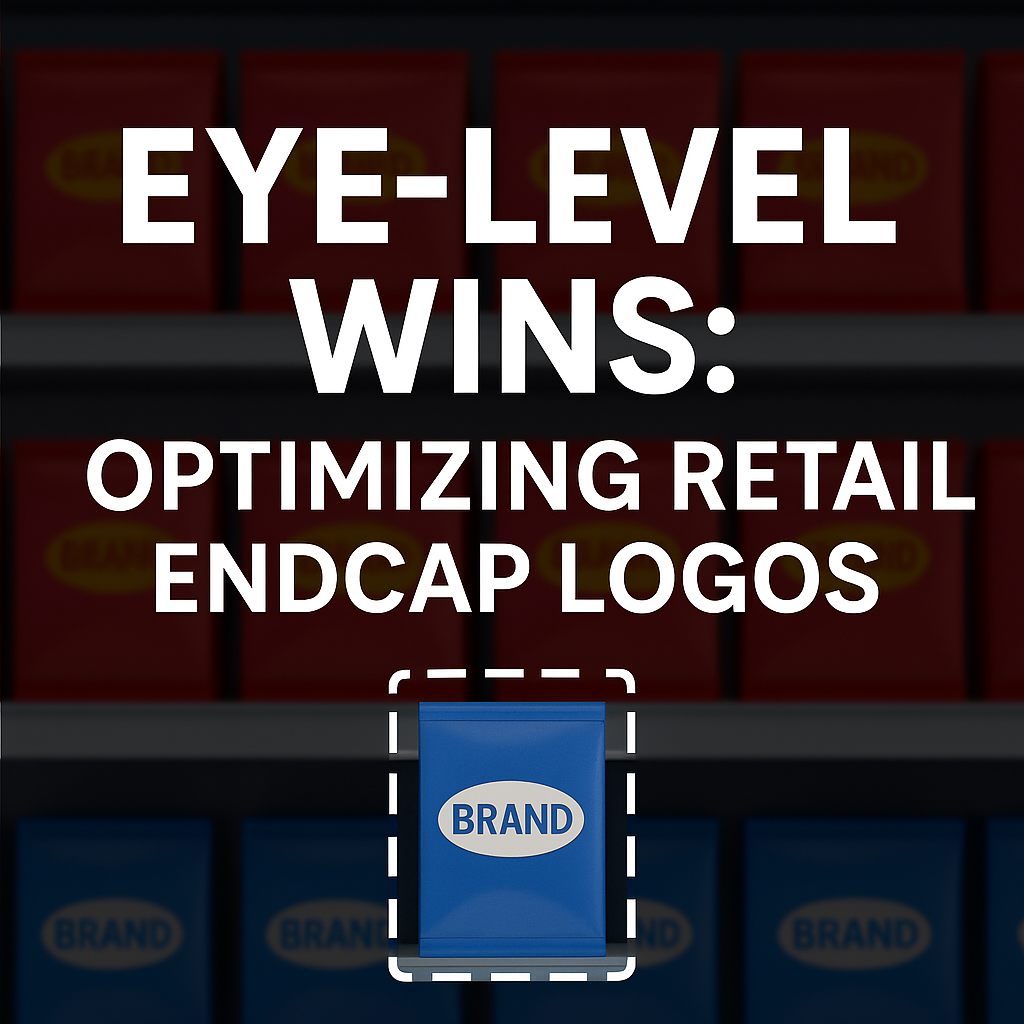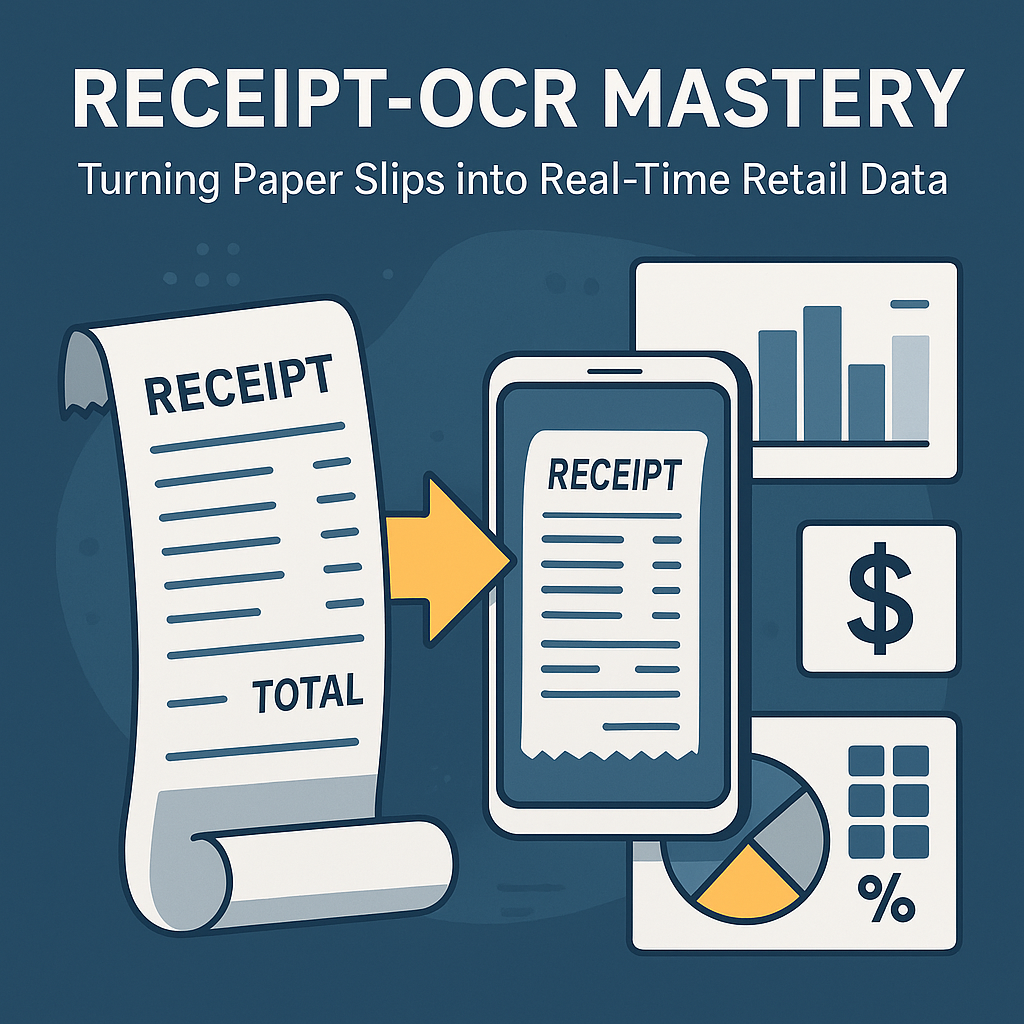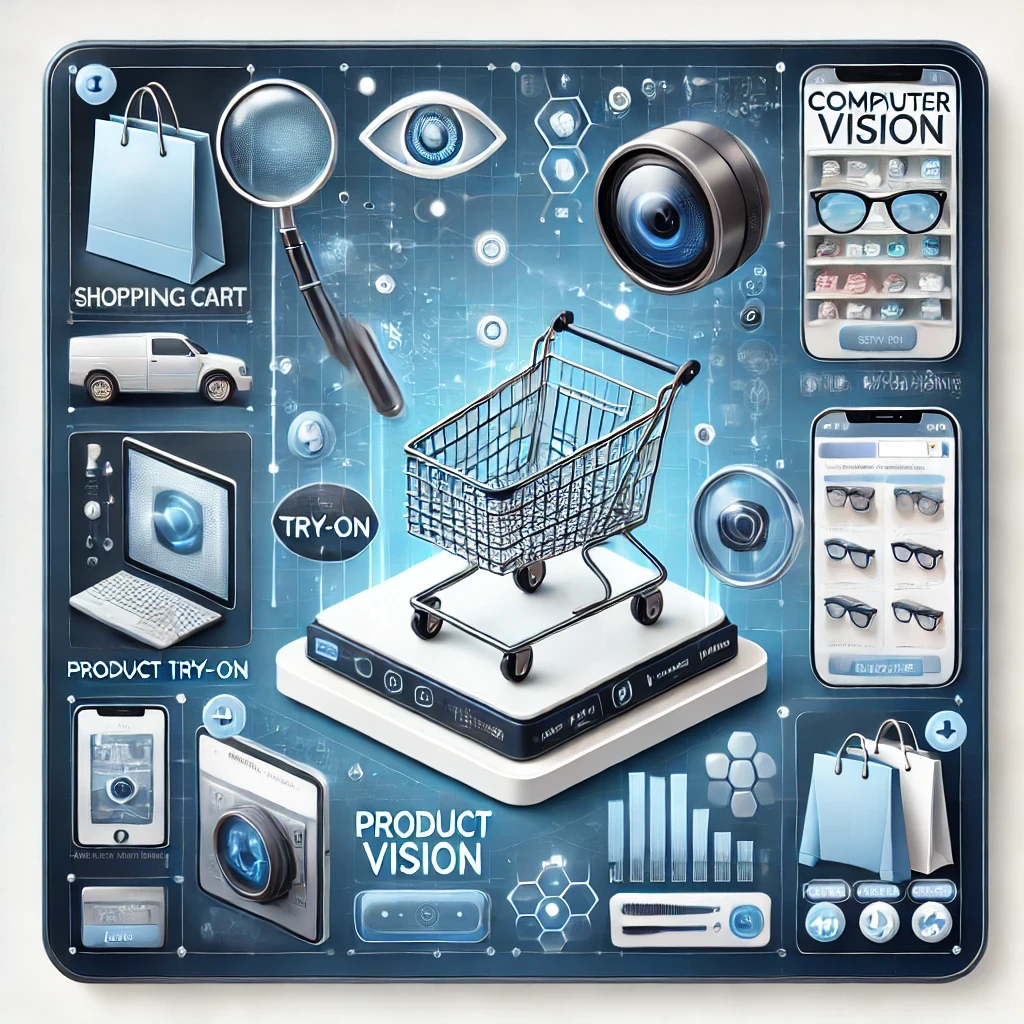
Eye-Level Wins: Optimizing Retail Endcap Logos
In retail, what happens at eye level doesn’t just influence what shoppers buy — it shapes the entire P&L. Shelf studies reveal that products placed in the shopper’s direct line of sight attract 35% more attention and drive significant sales lifts. Yet many brands still struggle to see, let alone optimize, what’s really happening across thousands of stores. Today, AI-powered computer vision is rewriting the rules, turning ordinary aisle photos into boardroom KPIs. C-level executives can now benchmark, measure, and improve shelf performance at unprecedented speed and scale — transforming logo placement from a merchandising guess into a strategic, profit-driving advantage. This post explores how next-generation shelf analytics are empowering decision-makers to win the battle for attention, maximize ROI, and drive sustainable growth by keeping their brands always in the shopper’s gaze.

Turning Store Traffic Footage into Marketing Insights
In-store cameras are no longer just for counting people — they're becoming powerful tools for understanding shopper behavior. By analyzing how long customers dwell at displays, which products they interact with, and how store layouts influence decisions, retailers can unlock insights once limited to e-commerce. This post explores how modern computer vision turns everyday footage into data-driven marketing decisions that boost engagement and conversion — without compromising customer privacy.

Personalized Retail Ads Triggered by Shelf Photos
Smart shelves are transforming in-store marketing by using cameras and AI to detect product changes and instantly update nearby digital signage. When a shelf runs low or a product gains popularity, the system reacts in real time — showing targeted offers that feel personalized to each shopper. This new approach boosts sales, improves efficiency, and creates a more engaging retail experience — all without adding extra staff. Discover how shelf photos and computer vision are reshaping the future of physical retail.

Retail Loyalty: Recognize VIPs at the Door
High-value customers shouldn’t wait to be noticed. With real-time VIP recognition, retailers can identify loyal shoppers as they enter, triggering instant CRM insights and personalized service. From boosting average order value to streamlining staff workflows, camera-first loyalty is redefining in-store experiences — ethically, securely and at scale.

Snap-to-Sell Cars: Lightning-Fast Listings with the Car Background Removal API
In the fast-moving world of online auto sales, visuals are everything. Buyers make snap judgments based on image quality, and listings with clean, professional photos consistently outperform those with cluttered or inconsistent backgrounds. This blog post explores how auto dealers can transform their sales process with the help of the Car Background Removal API — a powerful AI tool that instantly turns everyday car photos into studio-quality assets. By automating background cleanup, dealers can boost click-through rates, establish visual consistency, accelerate time-to-market, and ultimately reduce inventory turnover times. Whether you're managing a small lot or a national marketplace, this is your guide to selling faster with smarter images.

Receipt-OCR Mastery: Turning Paper Slips into Real-Time Retail Data
Paper receipts may seem like outdated clutter, but they’re packed with valuable information — if you know how to unlock it. In this deep-dive article, we explore how modern OCR and receipt-parsing technologies transform messy, real-world images into structured, machine-readable data. From extracting itemized SKUs and calculating taxes to feeding real-time analytics dashboards, today’s systems do far more than just read text.
You'll learn how receipt parsing APIs handle mobile photo noise, benchmark their accuracy using industry datasets, and integrate into serverless workflows that scale effortlessly. Whether you're looking to automate expense tracking, power dynamic pricing or personalize loyalty programs, this guide breaks down the full pipeline — from snapshot to actionable insight. Ideal for retail, finance, logistics and tech teams ready to turn everyday receipts into a competitive edge.

5 AI Trends Shaping the Beauty Industry in 2025
The beauty industry is undergoing a digital revolution, with artificial intelligence driving innovation across skincare, cosmetics, and retail experiences. In 2025, AI-powered solutions are reshaping how customers discover products, interact with brands, and make purchasing decisions. From hyper-personalized recommendations based on skin type and preferences to virtual try-ons that let users test makeup in real-time, AI is making beauty more accessible, engaging, and efficient than ever before.
Behind the scenes, AI is also streamlining supply chains, enhancing product imagery, and ensuring safety and inclusivity in the industry. Advanced computer vision and machine learning technologies are optimizing quality control, managing inventory, and automating compliance with global regulations. Meanwhile, AI-powered tools are helping brands create stunning, on-brand visual content for marketing and social media with minimal effort.
As AI continues to evolve, beauty brands that embrace these innovations will gain a competitive edge, offering smarter, safer, and more personalized experiences to their customers. Whether through ready-to-use AI tools or custom-built solutions, integrating AI into business strategies is no longer optional — it’s the key to success in the future of beauty.

5 Computer Vision Tactics to Boost E-Commerce Visibility
In the fast-paced world of e-commerce, standing out means more than just offering great products — it’s about delivering exceptional shopping experiences. Computer vision technologies are transforming how online retailers operate, from automating product tagging to enabling immersive augmented reality try-ons. This blog post explores five powerful tactics that leverage AI-driven tools to boost visibility, enhance customer engagement and streamline operations. Whether you’re looking to improve product discoverability, create professional-grade images or provide personalized shopping experiences, these actionable insights will help your business thrive in the competitive digital marketplace.

Top AI Trends for Online Retail Businesses in 2025
As we step into 2025, artificial intelligence is redefining the online retail landscape. From hyper-personalized shopping experiences and visual product discovery to AI-driven inventory management and ethical data handling, these technologies are revolutionizing how retailers connect with customers and streamline operations. This article explores the top AI trends shaping the future of e-commerce, offering insights into how businesses can leverage advanced tools like image analysis, augmented reality and predictive analytics to stay competitive. Discover how AI can transform your retail strategy, enhance customer satisfaction and unlock new growth opportunities in an ever-evolving market.

Why AI Visual Search Is Key to Personalization in E-Commerce
AI visual search is revolutionizing the e-commerce industry by providing a more intuitive and personalized shopping experience. Instead of relying on traditional keyword-based searches, customers can now upload images to find visually similar products in seconds. This shift not only enhances product discovery but also drives customer engagement and loyalty. As AI in e-commerce evolves with technologies like augmented reality and advanced computer vision, adopting visual search is essential for retailers looking to stay competitive and meet the growing demand for personalized shopping experiences.
Retail Analytics: Using AI-Powered Image Recognition for Customer Insights and Behavior Tracking
AI-powered image recognition is transforming the way businesses understand customer behavior and optimize operations. By gathering real-time data on demographics, foot traffic, and even customer emotions, retailers can gain deep insights to enhance the shopping experience and drive sales. From personalized marketing and customer journey mapping to automated inventory management and security enhancements, AI is revolutionizing retail analytics. In this post, we explore how retailers can leverage this cutting-edge technology to stay ahead of the curve and offer tailored, efficient experiences that build customer loyalty.
